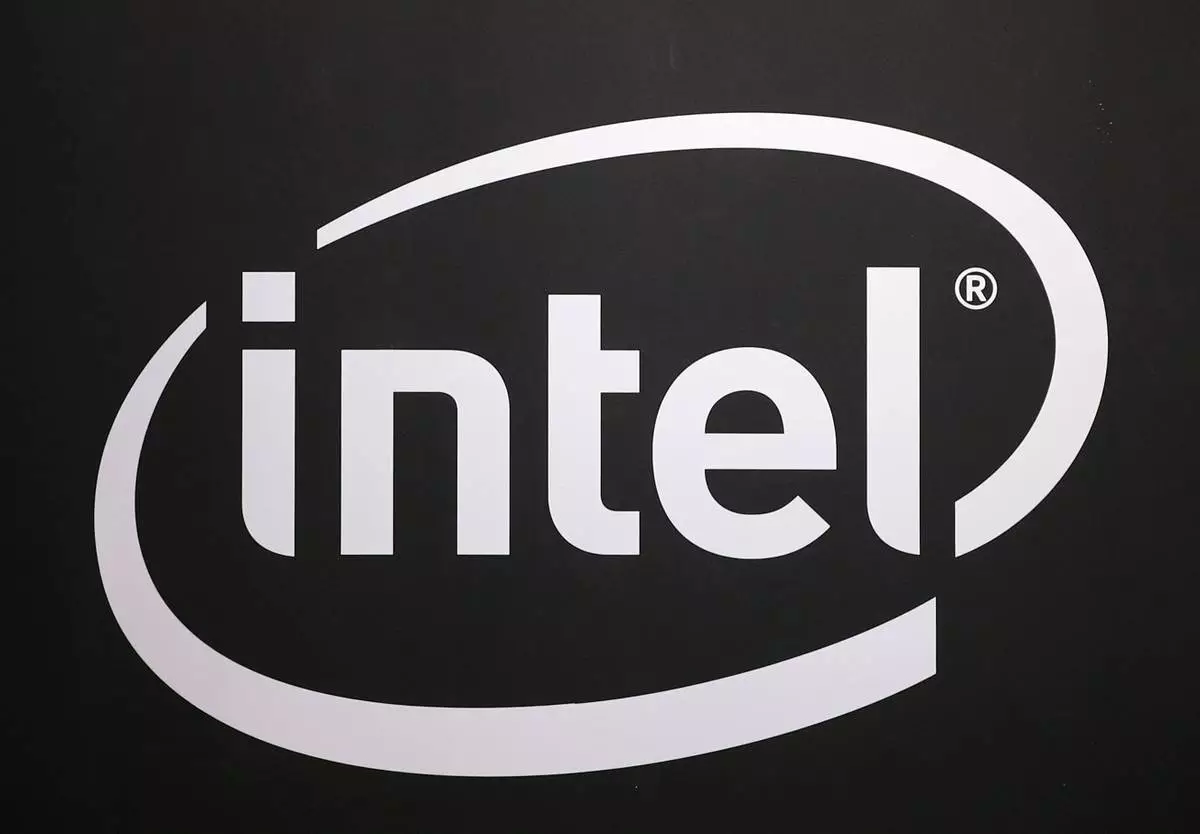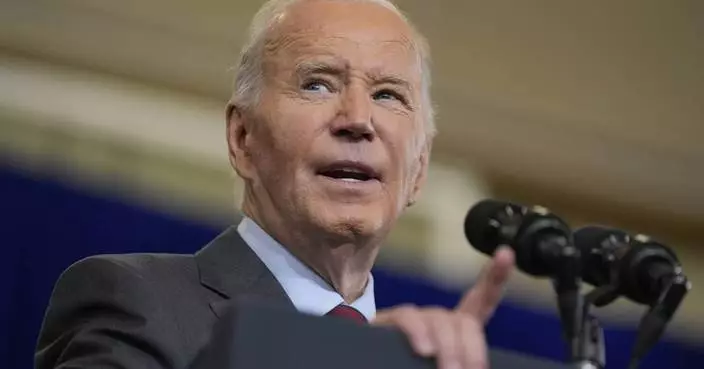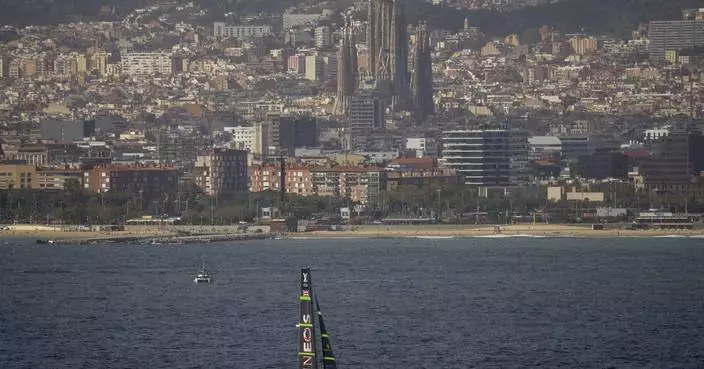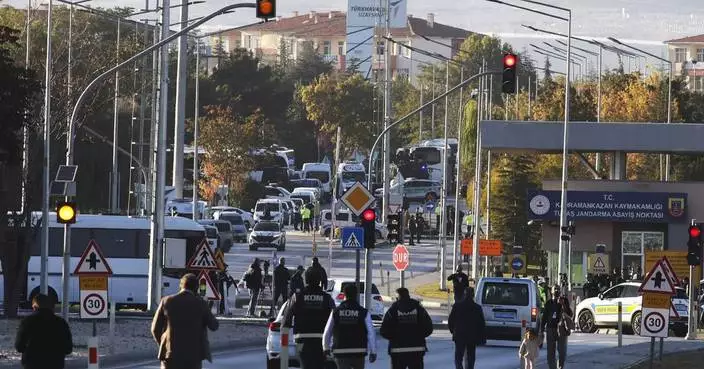THE HAGUE, Netherlands (AP) — The Dutch government's climate watchdog warned Thursday that the Netherlands is "very unlikely” to achieve a European Union-mandated reduction in heat-trapping greenhouse gas emissions by 2030 unless it takes urgent action.
Tougher legislation is needed to achieve the target of a 55% reduction in emissions by 2030 compared to 1990 levels, the Netherlands Environmental Assessment Agency said in a report that concluded the country is on track to a reduction of 44-52% based on current and pending plans.
“Only more policies that achieve swift reductions can bring the 2030 goal closer,” the agency said in its annual report on climate and energy that was published shortly before a United Nations climate conference known as COP29 opens in Azerbaijan next month.
The 55% reduction is part of a legally binding package of measures agreed to by EU leaders.
The Dutch environment agency's emissions reduction forecast this year is lower than a year ago, when it said a reduction of 46-57% was possible.
“This is partly due to setbacks in implementation, such as delays in offshore wind farms and stagnation in the production of green hydrogen. But political choices in the past year also resulted in less expected emission reductions,” it said.
Sophie Hermans, the government’s minister for climate and green growth, said in a reaction that the report “shows that we have to work hard to keep the climate target for 2030 in sight.” Hermans said she would work with other Cabinet ministers on “alternative measures in the near future.”
Hermans is part of the four-party Dutch coalition cobbled together after Geert Wilders’ anti-immigration Party for Freedom won elections last year on a platform that focused far more on reining in migration than in cutting emissions.
She said that she would swiftly “take action on a number of bottlenecks that slow down moves to make Netherlands more sustainable.”
Frans Timmermans, the Dutch opposition leader who was a key architect of the EU climate package when he was a European commissioner, responded to the report in a message on X, saying: “If we want to achieve the climate goals, we cannot afford to go backwards. That makes the solutions more expensive, the interventions harder and the resistance greater."
Another opposition lawmaker, Suzanne Kröge, said on X: “While the warming of out planet is speeding up, the Cabinet is dismantling climate policy.” She added that the report “Painfully shows that the Netherlands is taking a wrong decision: backward instead of forward.”
Read more of AP’s climate coverage at http://www.apnews.com/climate-and-environment

FILE -Netherlands Climate minister Sophie Hermans talks to fellow ministers during a meeting of the new government in The Hague, Netherlands, July 2, 2024. (AP Photo/Peter Dejong, File)










